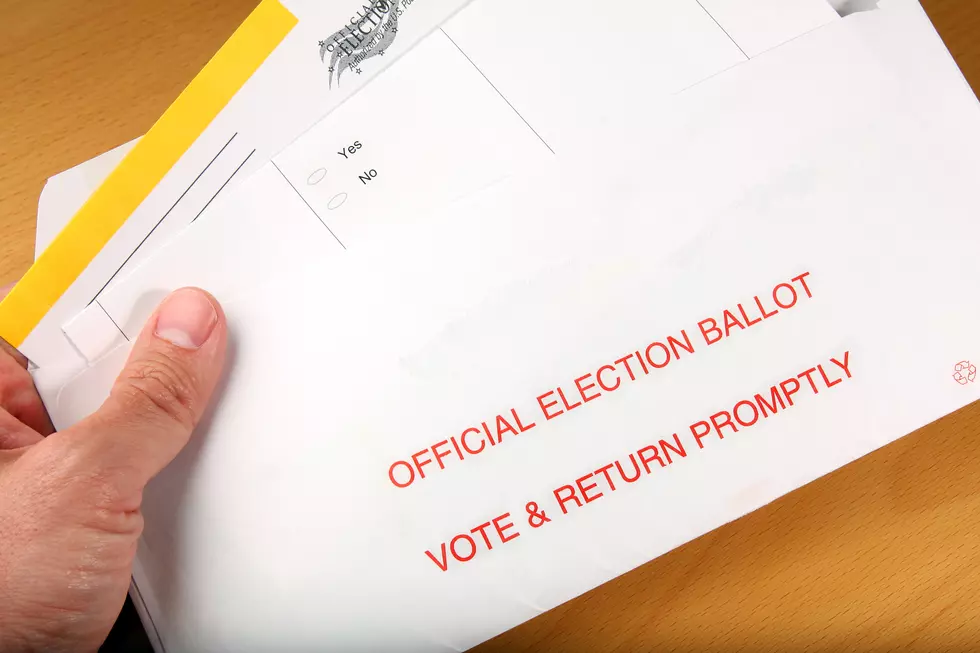
NJ groups: Stop basing auto insurance rates on jobs, education
An executive at a New Jersey-based auto insurer says his own industry is utilizing unfair practices that discriminate against people of lower income, and primarily people of color, when determining rates for drivers.
Other professionals in the industry claim any changes to the current system could result in unintended consequences for most New Jersey drivers.
Testifying in favor of legislation that would prohibit the use of education, occupation and credit score as rating factors in automobile insurance underwriting, Cure Auto Insurance Chief Operating Officer Eric Poe noted this practice has been going on for decades, and it needs to be stopped.
The Princeton-headquartered company, which reportedly does not use "income proxies" to price insurance, joined a number of groups in pushing for the measure that they say would eliminate racial bias in auto insurance rates.
"That amounts to close to 1 million vehicles in the state of New Jersey that right now can not afford car insurance," Poe told the Senate Commerce Committee. "And they're not coming from areas like Bergen County or Princeton, they're coming from Trenton, Camden, Newark, Linden."
The committee advanced the legislation on Thursday. A similar bill was introduced in the Assembly in January.
"A person's income or education has no bearing on driver safety or risk and only serves to reinforce existing inequalities," said state Sen. Nia Gill, D-Essex. "The pandemic has given new importance to how we determine eligibility. Millions of New Jerseyans are experiencing economic hardship; this will inevitably impact their credit scores, occupation and employment status."
New Jersey Citizen Action, along with close to 20 other groups, sent a letter to the Legislature urging the bill's passage.
"We have mandated in state law that you must have auto insurance. However, we also endorsed a process of allowing discriminatory practices to take place in determining insurance premiums," said John Harmon, founder and president of the African American Chamber of Commerce of New Jersey.
Gary La Spisa, vice president of the Insurance Council of New Jersey, disputed that factors such as education and occupation are income proxies. Citing a 2008 study from the New Jersey Department of Banking and Insurance, La Spisa said the use of such factors has not resulted in overall higher premiums for drivers with "lower occupational and educational attainment."
La Spisa added the industry doesn't use a traditional credit score, but what's known as a credit-based insurance score, which focuses on one's credit tenure, rather than an applicant's economic stresses.
"We should not be rolling back the access to accurate data that can predict the future loss," La Spisa said. "We should be continuing to encourage competition in the marketplace.
State Sen. Gerald Cardinale, R-Bergen, while responding Thursday to Poe, of Cure, said auto insurance reforms introduced in the early 2000s attracted new insurers to the Garden State, and since then, "by not stiff-arming insurance companies," New Jersey's had an open market that produces results for residents.
"It's very frustrating when I see folks like you, or the sponsors of these bills, who just don't just don't understand that," Cardinale said.
Christopher Stark, a New Jersey-based employee with the National Association of Mutual Insurance Companies, said removing factors that carriers can consider would "affect all of New Jersey's residents."
"It's likely that many of your constituents will pay more for coverage, therefore having the opposite effect of what is intended," Stark said.
More From Townsquare Media News:
The 15 Hardest Town Names To Pronounce In New Jersey

More From Beach Radio










